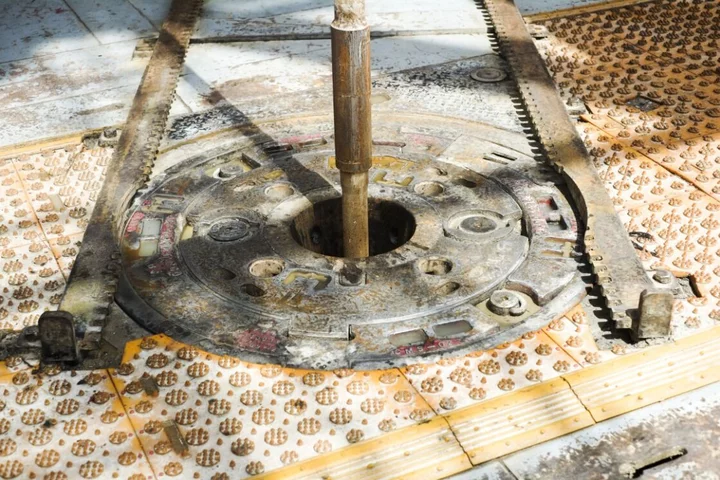Nasa has discovered “diverse organic matter” on the surface of Mars, which could change our understanding of the red planet and the search for life in the universe.
The Perseverance rover made the discovery in the Jezero Crater on Mars and a number of different explanations for the existence of the material have been posited.
The materials could have been formed when water and dust interacted, or was dropped onto the planet by dust or meteors.
Authors of the new study also refused to rule out that the materials are “biotic”, or came about due to the existence of life on the surface.
Sign up to our free Indy100 weekly newsletter
The findings could have a big impact on the continued search for alien life, with research into the organic matter on the surface telling us more about the existence of carbon sources on Mars.
The Jezero crater has been explored by The Scanning Habitable Environments with Raman and Luminescence for Organics and Chemicals (Sherloc) instrument on the rover since February 2021.
The crater is the site of an ancient lake basin and all 10 target sites explored within it came back with signs of organic molecules.
Even if the materials are not biological in origin, research into them could be crucial in the search for alien life, according to the researchers.
“Not all organics are biological in origin. Observing spatial relationships between minerals and organics is necessary when evaluating organic origins and potential biosignatures. Everything we know of life on Earth is limited to what is preserved in the rock-mineral record. On Earth, biosignatures are found in certain minerals and some minerals are better at preserving organics than others,” said Ashley E Murphy, a researcher at the Planetary Science Institute and co-author on the new paper.
“Mars may have had a similar early geologic history to Earth so we use our knowledge of life as we know it on Earth for where to look for potential evidence of past life on Mars. Mapping organics allows for a better understanding of if the Martian carbon cycle is similar to or different from Earth, and the potential of Mars to host life.”
Writing in the Nature journal, the authors said: “Our findings suggest there may be a diversity of aromatic molecules prevalent on the Martian surface, and these materials persist despite exposure to surface conditions.
“These potential organic molecules are largely found within minerals linked to aqueous processes, indicating that these processes may have had a key role in organic synthesis, transport or preservation.”
The findings are published in a new article, ‘Diverse organic-mineral associations in Jezero crater, Mars’, in Nature.
Have your say in our news democracy. Click the upvote icon at the top of the page to help raise this article through the indy100 rankings.









